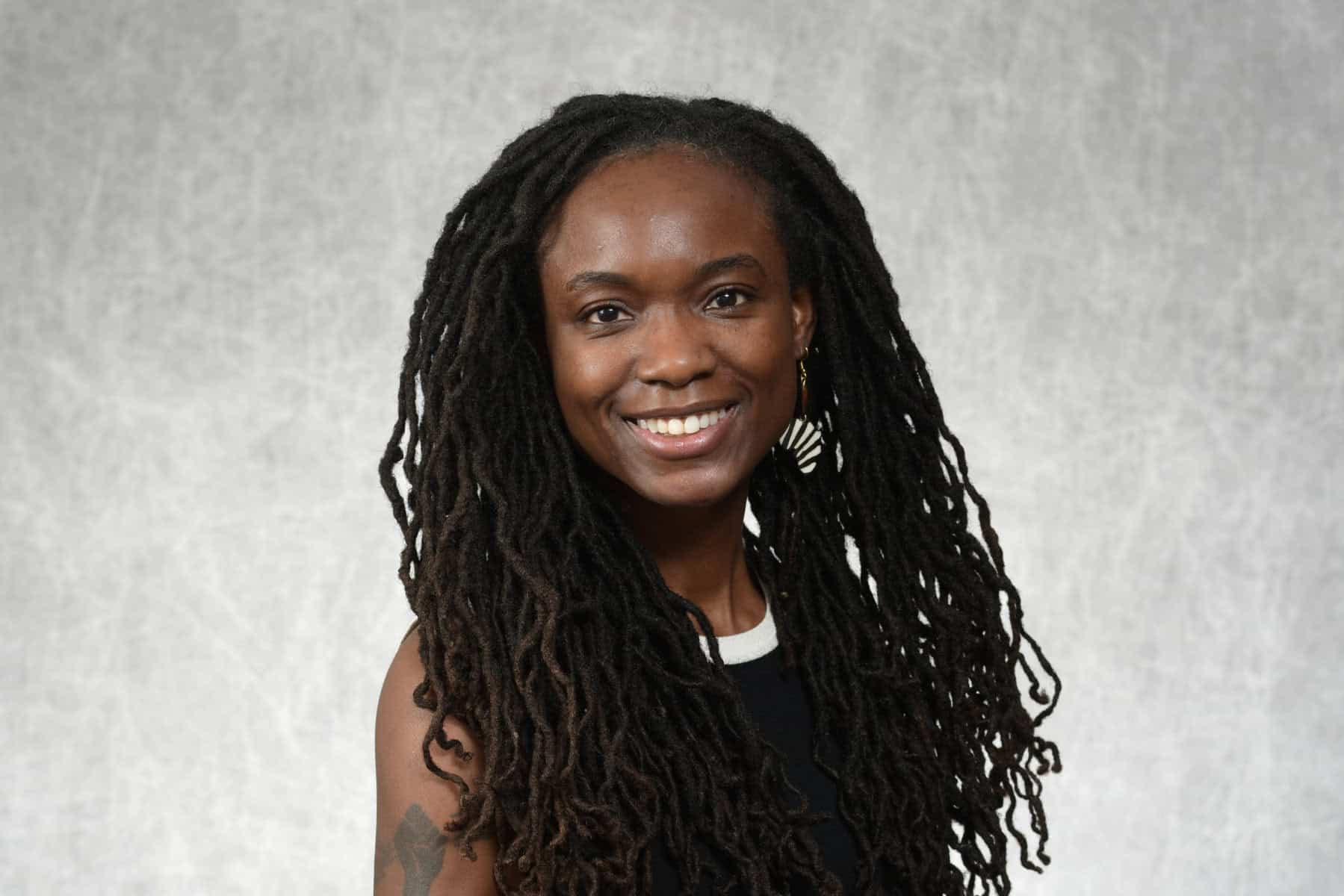Her story appears in “Wonder Woman Black & Gold #6,” the final installation of a new anthology series that marks the superhero’s 80th anniversary.
To create the story, Howard brushed up on her Greek mythology and took a deep dive into Wonder Woman’s expansive history, which dates back to October 1941, according to information provided by the college. The self-contained story is set in Center City, Philadelphia, against the backdrop of an environmental disaster. It features Wonder Woman relying on her sister, Nubia, to rescue her from the hands of Poseidon and Athena.
“There’s still a lot to do with Wonder Woman because her story is very flexible,” Howard said in the statement. “All of the gender dynamics she stands for, there’s a lot to play with there — and you can especially play with those dynamics as they change in society.”
For this project, Howard knew she wanted to feature Nubia, who has been portrayed over the years as either a sister or a non-familial ally of Wonder Woman, according to the statement. Nubia is recognized as among DC Comic’s first Black women superheroes.
Howard’s doctoral thesis at Howard University analyzed Aaron McGruder’s “Boondocks” comic strip. After earning a doctorate in communication and culture, she soon became the first Black woman to win an Eisner Award, the comic industry’s highest award, when she received the prize for her first book, “Black Comics: Politics of Race and Representation.” Three years later she published “Encyclopedia of Black Comics” featuring a foreword by Henry Louis Gates Jr.

